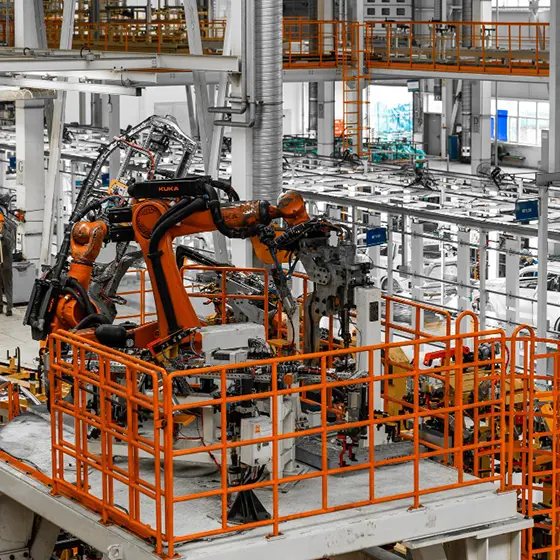
CB Certification
CB Certification in India enables manufacturers to access global markets by meeting IEC safety standards. It simplifies approvals, reduces testing duplication, and ensures product safety, reliability, and international acceptance for electrical and electronic goods.
Frequently Asked Questions
CB Certification, under the IECEE CB Scheme, is an international program that allows mutual recognition of test reports and certificates for electrical and electronic products across member countries.
CB Certificates are issued by National Certification Bodies (NCBs) that are part of the IECEE CB Scheme.
Electrical and electronic products such as IT equipment, household appliances, lighting, audio-video products, and similar devices commonly require CB Certification.
It reduces the need for multiple testing by providing globally accepted test reports, thus saving time and cost for manufacturers entering multiple markets.
A product tested and certified by one NCB can have its test reports recognized by other member bodies, simplifying approval in multiple countries.
Documents include technical specifications, circuit diagrams, product manuals, safety test reports, and existing certifications if applicable.
The process typically takes 6–8 weeks, depending on the product category, completeness of documentation, and testing requirements.
No, but many countries accept CB test reports as part of their national certification processes, making market entry faster and easier.
CB Certificates generally do not expire, but they may require updates if product standards change or modifications are made to the product design.
Manufacturers benefit from reduced testing costs, faster access to global markets, and simplified compliance with multiple country regulations.